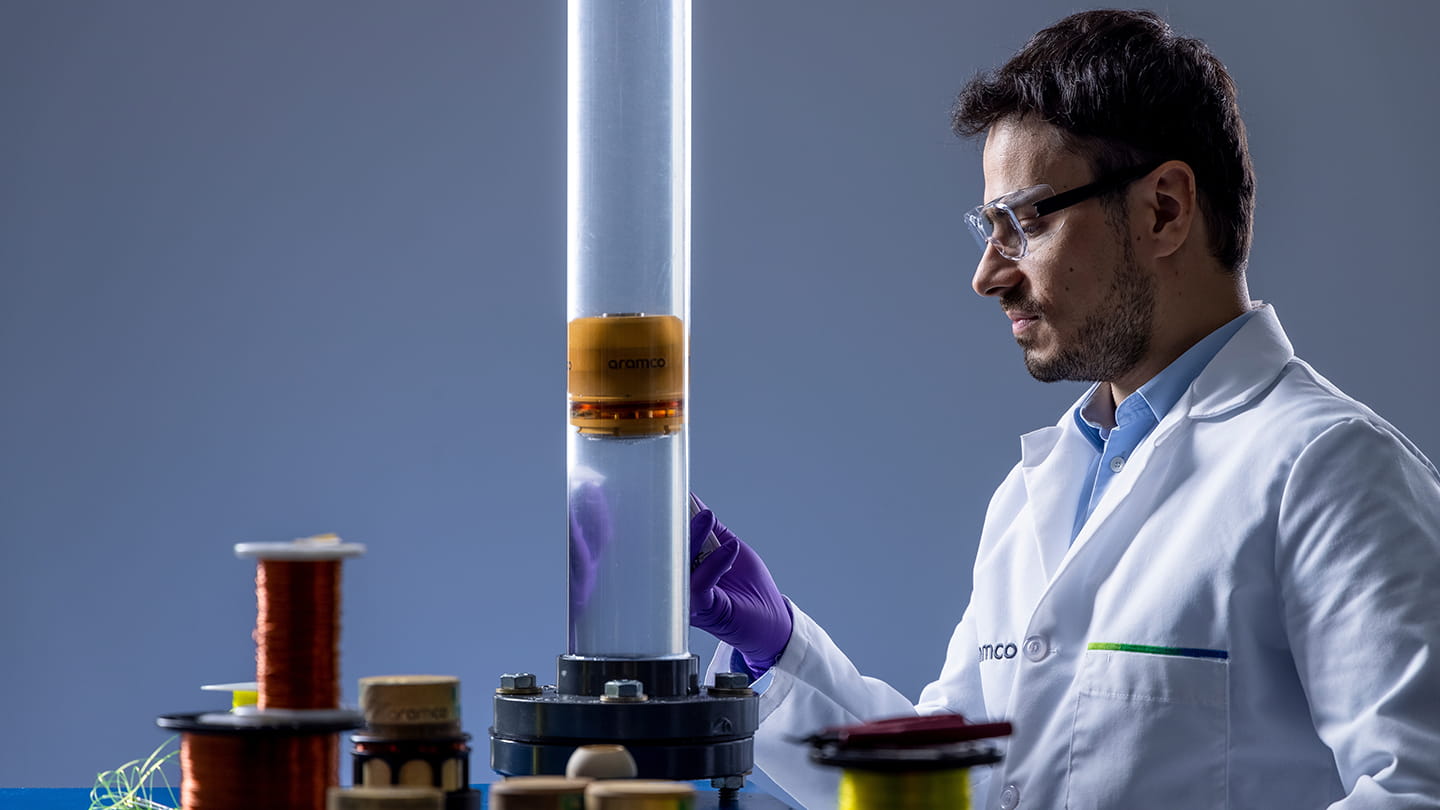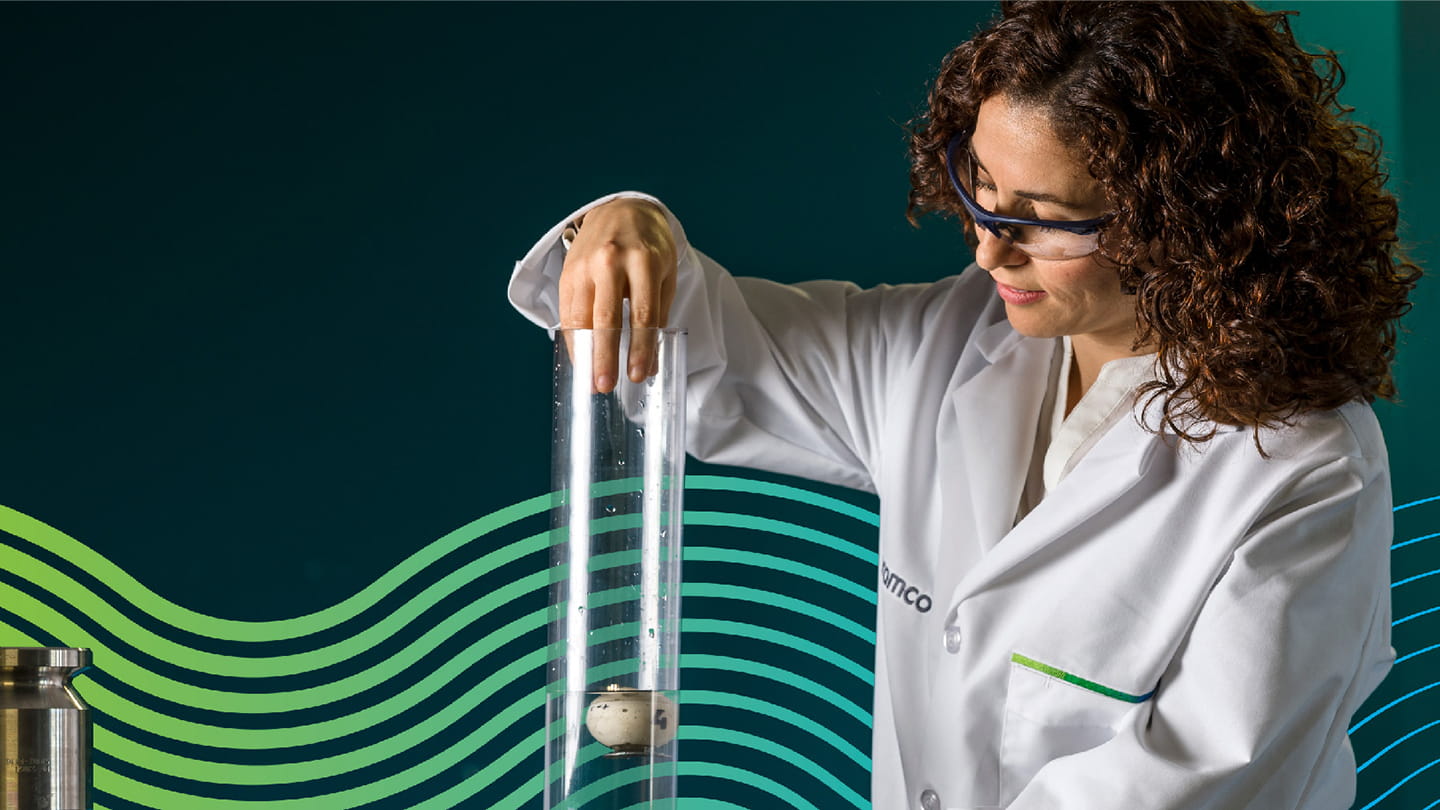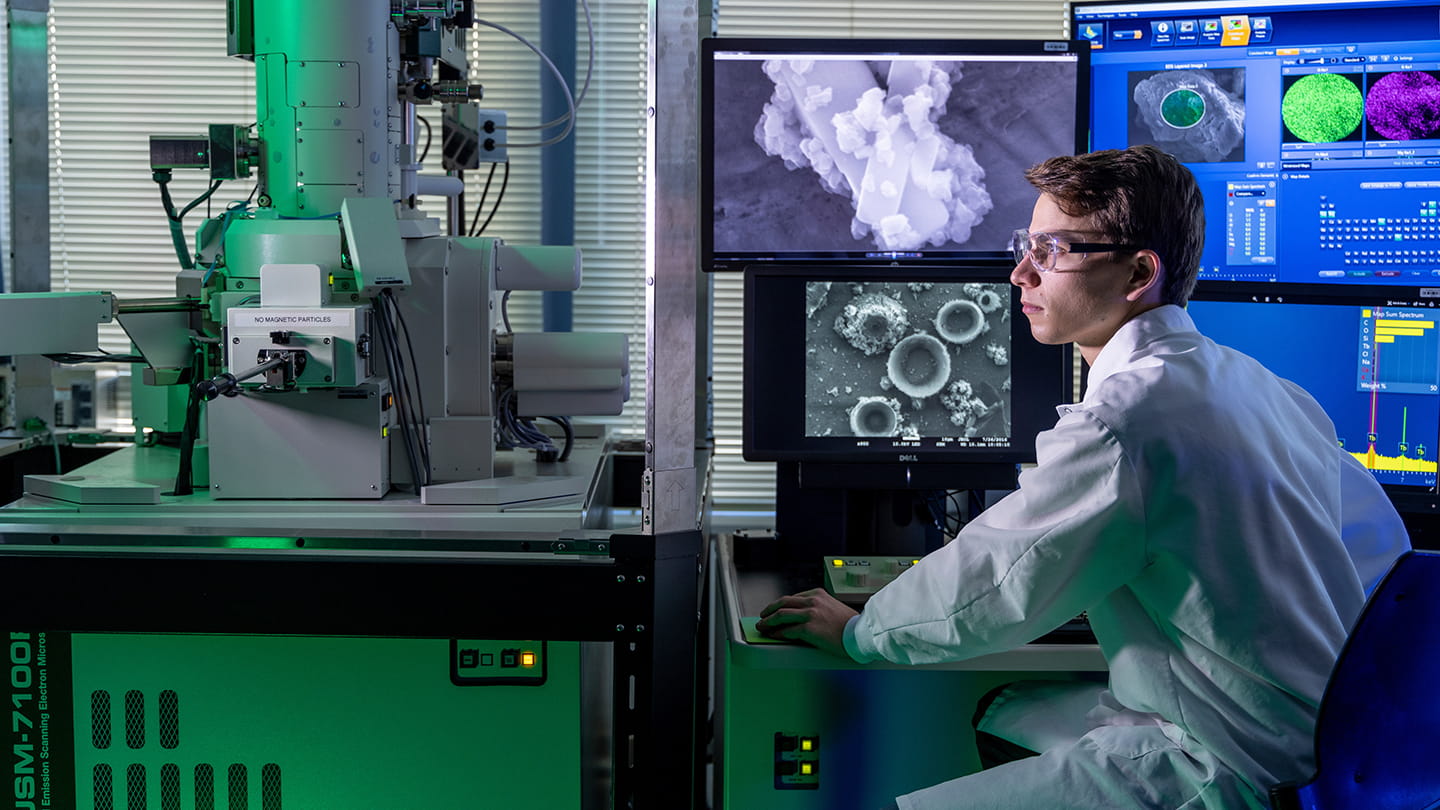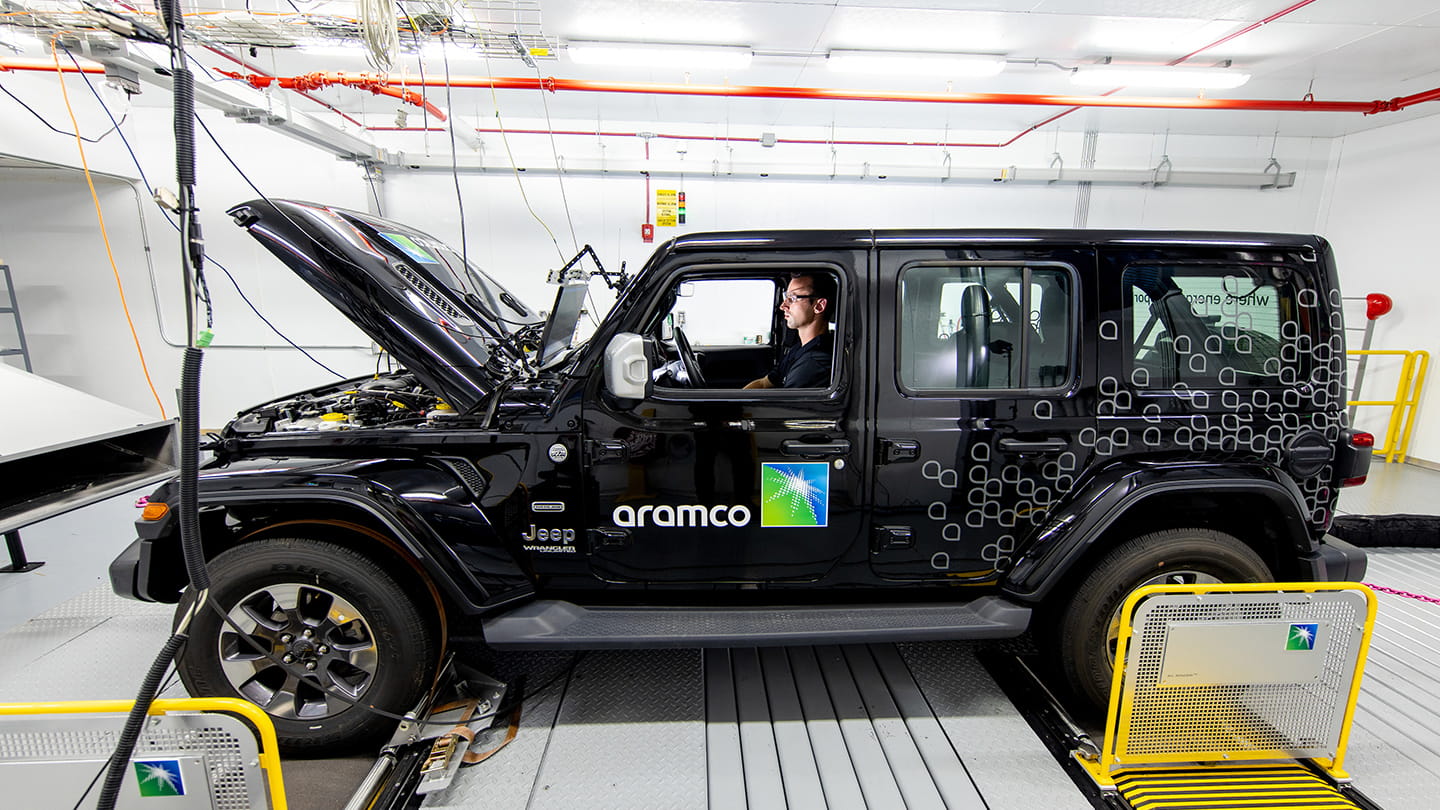
Energy innovation
Advancing energy, transportation, and materials solutions.
We develop innovative energy, transportation, and materials solutions today to better meet the energy needs of tomorrow.
We work with the best and brightest minds in the global scientific community to provide novel approaches to the long-term challenges facing our industry. Our focus is on applied innovation, including technologies to improve the safety, accuracy, and efficiency of onshore and offshore field developments.
In this section
Learn more about our three Aramco research centers in North America.
Energy innovation news
Read the latest news from the Aramco research centers in Boston, Detroit and Houston.

Recruiting the best
Do your best work here. Join our team and enjoy a rewarding career where openness, knowledge sharing, and innovation are at the very core of everything we do.







